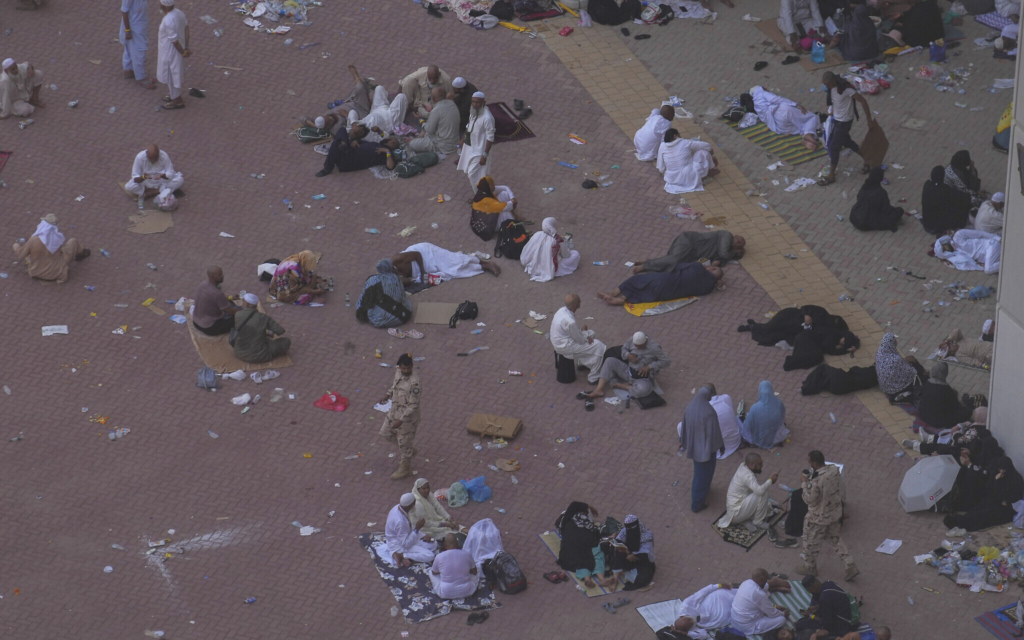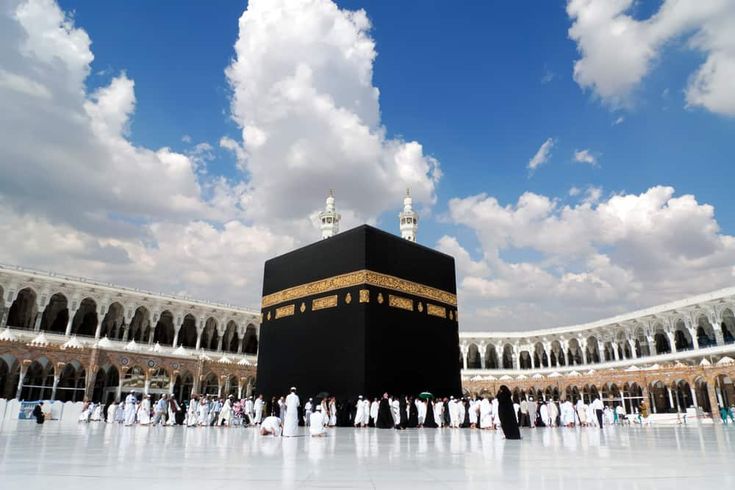As per New Report by AFP, The annual Muslim Hajj pilgrimage to Mecca has turned tragic this year, with more than 1,000 people losing their lives due to extreme heat. The AFP (Agence France-Presse) reported on Thursday that the death toll has surpassed 1,000, and over half of these fatalities were unregistered worshippers who braved the scorching temperatures.
The Hajj is one of the five pillars of Islam, a sacred duty that every Muslim with the means must complete at least once in their lifetime. Pilgrims gather in Mecca, the holiest city in Islam, to perform rituals that include circumambulating the Kaaba—a stone building at the center of the Grand Mosque.

This year, the Hajj coincided with the searing Saudi summer. The National Meteorological Center recorded temperatures as high as 51.8 degrees Celsius (125 degrees Fahrenheit) at the Grand Mosque in Mecca. Despite the extreme conditions, tens of thousands of pilgrims attempted to perform the Hajj through irregular channels, unable to afford the often costly official permits.
Unregistered pilgrims faced additional challenges. Without official permits, they couldn’t access air-conditioned spaces provided by Saudi authorities. After hours of walking and praying outside, many succumbed to the heat. Security forces had previously chased them away before Arafat Day, leaving them exhausted and vulnerable.

The death toll spans multiple countries, with Egypt reporting the highest number of fatalities. Other affected nations include Malaysia, Pakistan, India, Jordan, Indonesia, Iran, Senegal, Tunisia, and Iraq’s autonomous Kurdistan region. While the exact cause of death varies, the intense heat remains a common factor.

As the world grapples with extreme weather events, the Hajj tragedy underscores the urgency of addressing climate change and ensuring the safety of pilgrims. Saudi Arabia and the international community must take collective action to prevent such devastating loss of life in the future.

